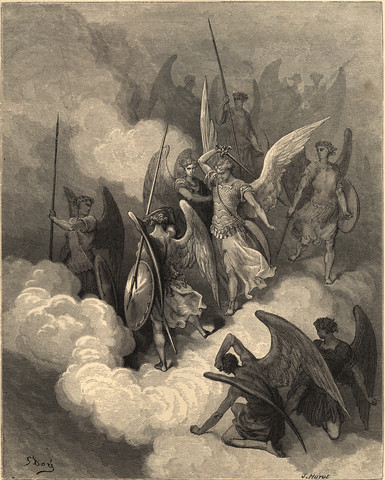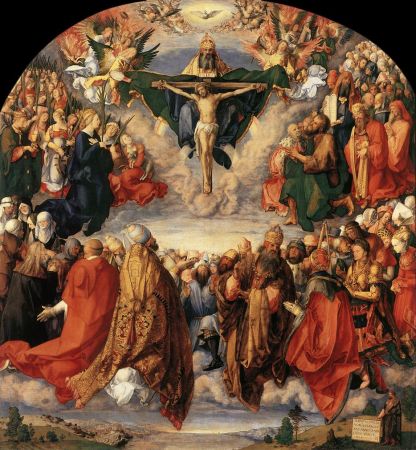For the grace of God has appeared, bringing salvation for all people, training us to renounce ungodliness and worldly passions, and to live self-controlled, upright, and godly lives in the present age” (Titus 2:11-12).
Sanctification is a inward work of the Holy Spirit which delivers us from the control and influence of sin and transforms us into the likeness of Jesus Christ. The Spirit takes our worldly thinking, fleshly habits, and unrighteousness behavior and convicts us of our wrongful thoughts, breaks our selfish patterns, and transforms our attitude and actions. The Holy Spirit uses the means of grace: the Word of God, sacraments, prayer, circumstances, godly fellowship, and Spirit-filled worship as his tools of instruction and transformation.
Sanctification is the progressive work of the Spirit: Christian growth is a life-long process which creates Spirit-filled souls. The Holy Spirit removes sinful imperfections as we are daily enabled to put off the bondages of sin and put on the life of Christ. Walking in the Spirit is actively attained for it involves continuous choices of faith and obedience. Simultaneously, we passively receive the empowering of the Holy Spirit as we purposely choose to appropriate the Holy Spirit’s power over sin.
Christ lives in us by the power of the Spirit and he enables us by grace to make righteous choices. His grace enables us to say, “no,” to ungodliness and worldly passions and say, “yes,” to uprightness and godliness (Titus 2:11-14).
Sanctification is that inward spiritual work which the Lord Jesus Christ works in a man by the Holy Ghost, when He calls him to be a true believer. He not only washes him from his sins in His own blood, but He also separates him from his natural love of sin and the world, puts a new principle in his heart, and makes him practically godly in life.
J. C. Ryle, Holiness: Its Nature, Hindrances, Difficulties, and Roots (Chicago: Moody, 2010), 19.
Sanctification is the moment by moment subordination of the mind, the affections, and the will, to the rule of the Holy Spirit. Not in the energy of the flesh are these things done, but in the power of the indwelling Spirit himself. To watch unto prayer, to hide God’s word in your heart, to resist the devil, to make no provision for the lusts of the flesh, to follow holiness-to do these things is to ‘walk after the Spirit. ‘So shall the righteousness of the law . . . be fulfilled in us.’
Ernest F. Kevan, “The Saving Work of the Holy Spirit,†Daily Thoughts from Keswick: A Year’s Daily Readings, ed. Herbert F. Stevenson (London: Hodder and Stoughton, 1980), 192.
Theological Note: The Reformed definition (Bishop Ryle) and the Deeper Life definition (Rev. Kevan) are in agreement. Both emphasize Christ work in us as we choose to walk apart from sin. Both the passive work of the Spirit and the active work of the will are stressed in each view.
HT: Kevin DeYoung, J. C. Ryle Quotes







